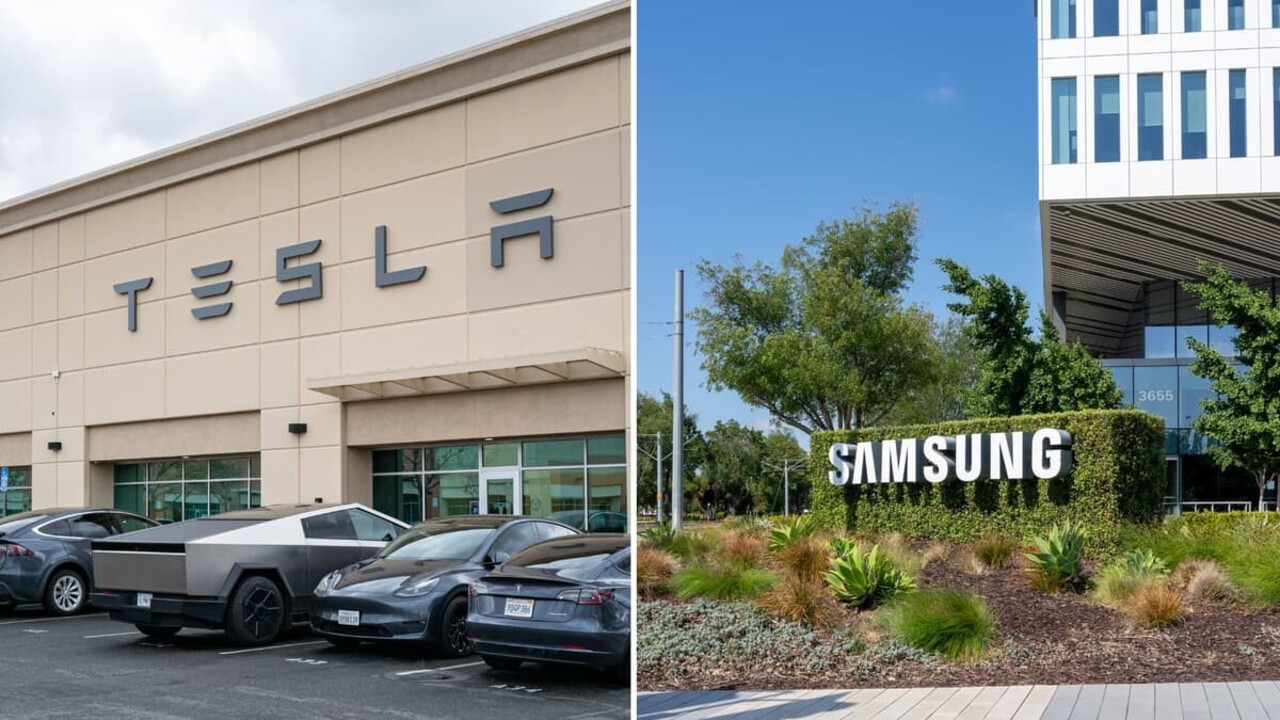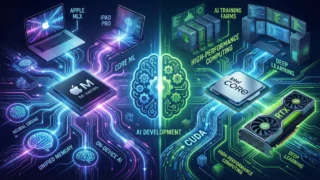Tesla has signed a $16.5 billion chip supply agreement with South Korean technology giant Samsung. Under the agreement, Tesla’s next-generation artificial intelligence chip, the AI6, will be produced at Samsung’s Texas factory. Production is expected to take place at the Taylor, Texas facility, which has been previously plagued by delays. The agreement is reportedly valid until the end of 2033.
Tesla and Samsung to Collaborate
Tesla CEO Elon Musk announced that Tesla engineers will be directly involved in the chip production process. In a statement on the social media platform X, Musk stated that he will closely monitor the process to increase production efficiency. Musk also said that the factory’s proximity to his home will make it easier for him to take an active role in this process.

Samsung had previously kept the customer of the $16.5 billion order secret. Three sources speaking to Reuters confirmed that Tesla is the company placing the order. The agreement sparked a surge in Samsung’s stock value of over 4 percent after it was reported. This increase marked the company’s largest daily gain in the past month.
The collaboration between Tesla and Samsung in this area is not new. Samsung previously produced AI4 chips for Tesla. The company’s recently completed AI5 chips will be produced first in Taiwan and then at its Arizona facility in the US.
These chips, which incorporate the HW4 and HW5 hardware systems along with the AI6 chips, are used to enable the AI-powered fully autonomous driving feature in Tesla vehicles. Tesla states that vehicles equipped with HW4 will be able to support unsupervised FSD (fully autonomous driving).
The agreement also holds strategic importance for Samsung. The company’s recent technical issues in AI chip production and its lag behind rivals have negatively impacted profitability. Samsung has been under competitive pressure, particularly in the HBM sector, from SK Hynix and TSMC.
This long-term agreement with Tesla is expected to mitigate Samsung’s chipmaking losses, which exceeded approximately $3.63 billion. It is also estimated to account for approximately 7.6% of the company’s 2024 revenue.














